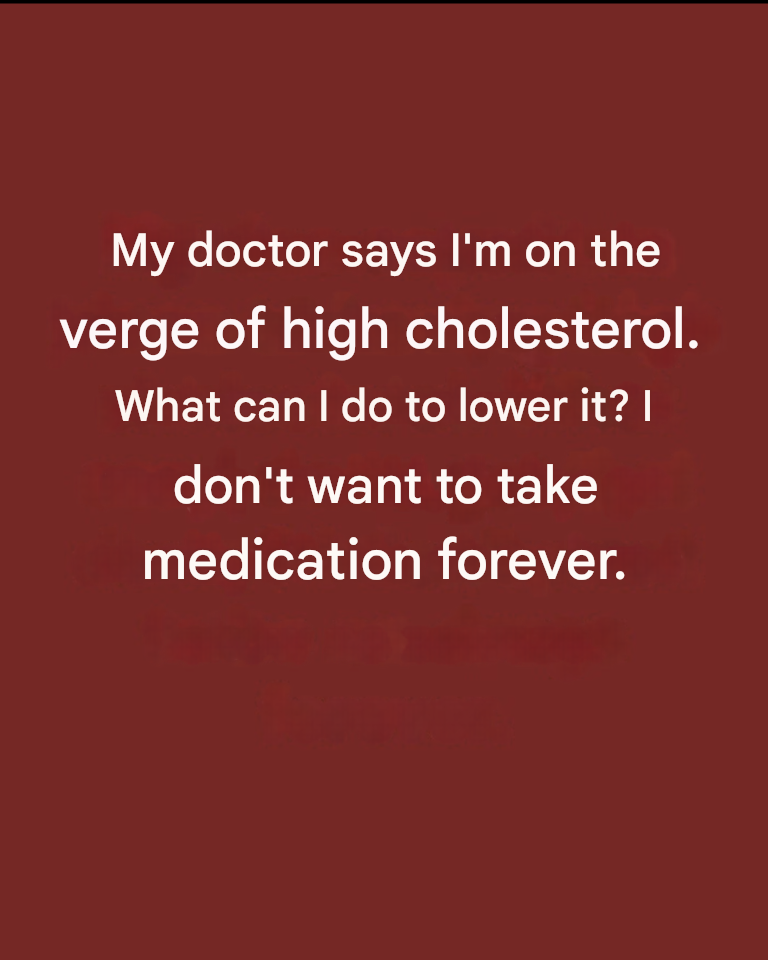Cholesterol is a waxy, fat-like substance found in the blood. The body needs cholesterol to build healthy cells, but high levels can increase the risk of heart disease. There are two types of cholesterol: low-density lipoprotein (LDL), often called “bad” cholesterol, and high-density lipoprotein (HDL), known as “good” cholesterol. High cholesterol typically means too much LDL in the blood, which can lead to fatty deposits building up in the arteries, potentially causing blockages and leading to heart attacks or strokes.
The Risks of High Cholesterol: Why It Matters for Your Health
High cholesterol is a significant risk factor for cardiovascular disease, including coronary artery disease, heart attack, and stroke. High LDL cholesterol can lead to the formation of plaque in the arteries, narrowing them and impeding blood flow. This condition, known as atherosclerosis, can lead to reduced blood flow to the heart and other organs, increasing the risk of serious health problems. Furthermore, high cholesterol can contribute to high blood pressure and diabetes, further complicating health conditions.
Dietary Changes to Lower Cholesterol: Foods to Eat and Avoid
CONTINUE READING ON THE NEXT PAGE 🥰💕
